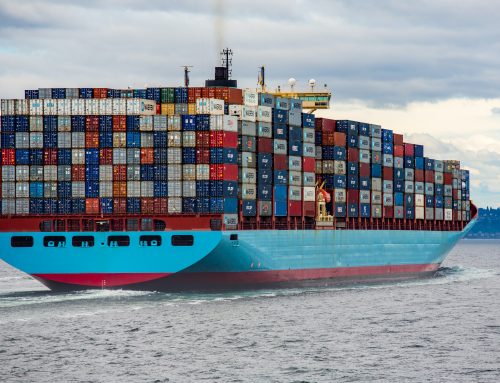Until further notice, the U.S. Department of Agriculture’s (USDA) Animal and Plant Health Inspection Service (APHIS) is restricting the importation of animal commodities originating from or transiting Costa Rica based on the diagnosis of New World screwworm in a dog.
The restrictions vary based on the animal:
APHIS prohibits the importation of ruminants (e.g. cattle, sheep, and goats) and swine from Costa Rica.
APHIS will permit the importation of pet dogs, hedgehogs, tenrecs, elephants, rhinos and tapirs from Costa Rica as long as they are accompanied by a certificate signed by a full-time salaried veterinary official of the region of origin stating that the animal has been inspected for screwworm within 5 days prior to shipment to the United States, and the animal is either free from screwworm or was found to be infested with screwworm, held in quarantine, and treated until free from screwworm prior to leaving the region.
Horses imported directly from Costa Rica must complete and adhere to the established import screwworm protocol, which includes a minimum 7-day quarantine period upon arrival. If horses reside in a screwworm-free country for a minimum of 7 days immediately prior to being exported to the United States, APHIS will permit the horse to complete a 3-day quarantine upon arrival.
Health certificates from all regions visited within the 60 days immediately prior to export must accompany the shipment. In addition, screwworm certification endorsed by a licensed veterinarian from the exporting country must be provided certifying the horse was examined and found free of screwworm after being in country a minimum of 7 days.
What is New World screwworm?
According to APHIS, New World screwworm disease is an infestation with the larvae of the New World screwworm fly (Cochliomyia hominivorax) that lives off the flesh of living mammals and, less commonly, birds. It’s estimated that the presence of New World screwworm costs the U.S. livestock industry an average of $20 million annually.
To stay informed on important news and other important updates, stay connected with a customs broker.



